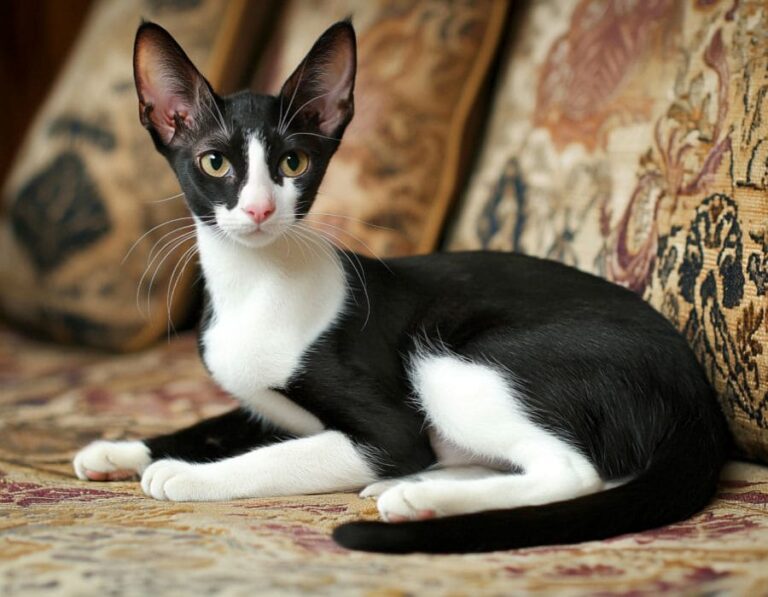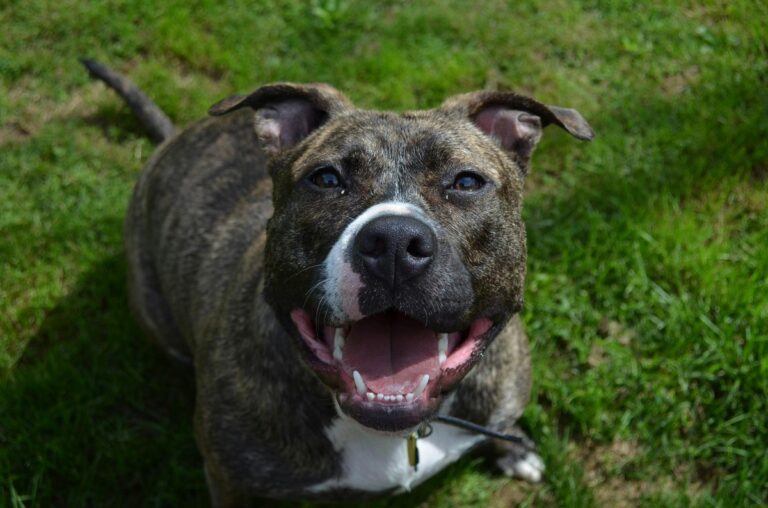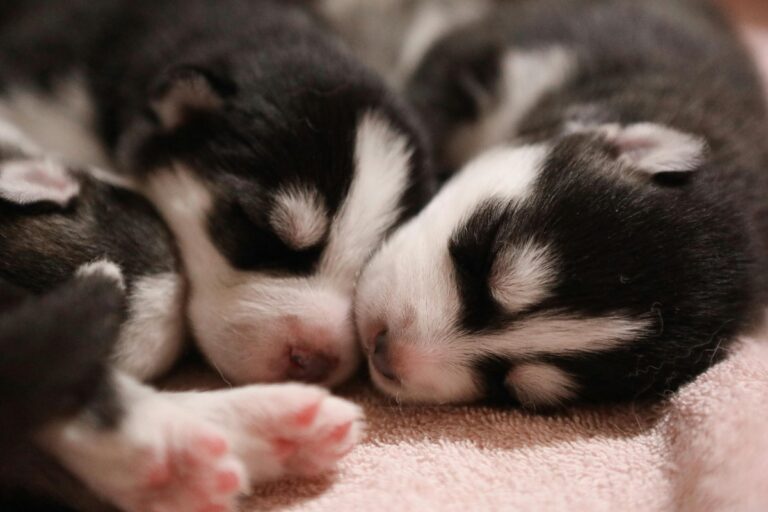10 Dog Breeds That Don’t Like Cats
Dogs and cats may be iconic opposites in popular culture, but in real life, many dogs can coexist peacefully with feline companions. However, some dog breeds, due to their instincts, energy levels, or hunting backgrounds, find it challenging to share their homes with cats. These breeds are often driven by a strong prey drive, territorial tendencies, or excessive energy that can make cohabitation with a cat stressful for everyone involved.
If you’re considering adopting a dog and already have a cat—or plan to get one—it’s crucial to understand which breeds might struggle with feline friends. Here are 10 dog breeds that often find it hard to get along with cats.
1. Siberian Husky
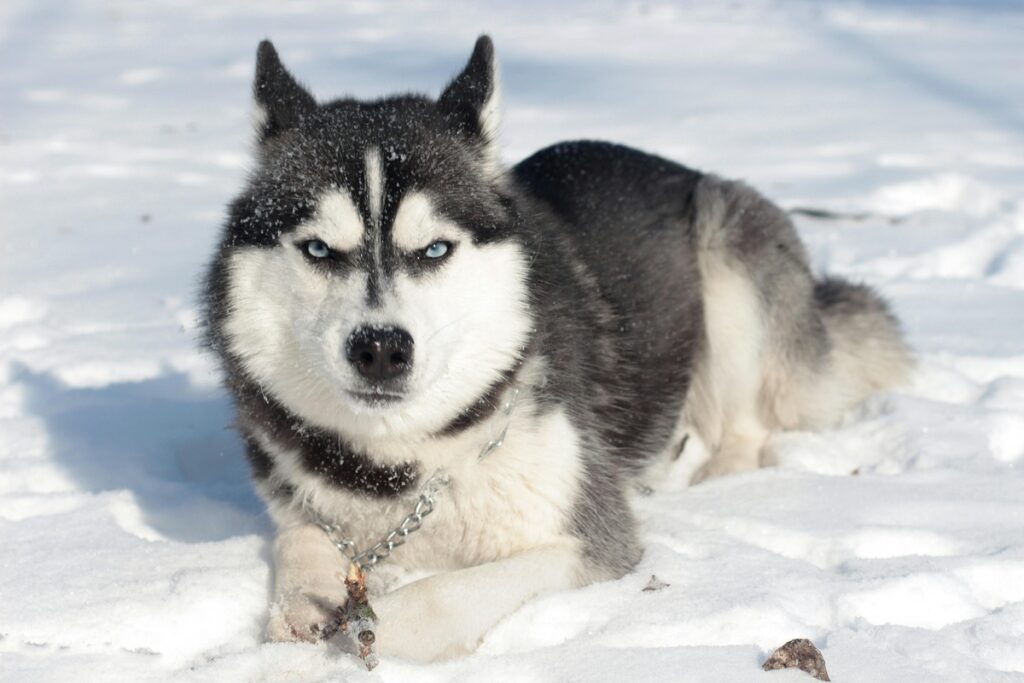
Huskies are beautiful, energetic dogs with strong prey drives, thanks to their history of working in packs to hunt. Their instincts often lead them to chase smaller animals, including cats. Even a well-trained Husky may see a cat as a plaything—or worse, prey.
Why It’s a Problem: Their high energy and chasing instincts can make it hard for them to relax around cats.
2. Greyhound
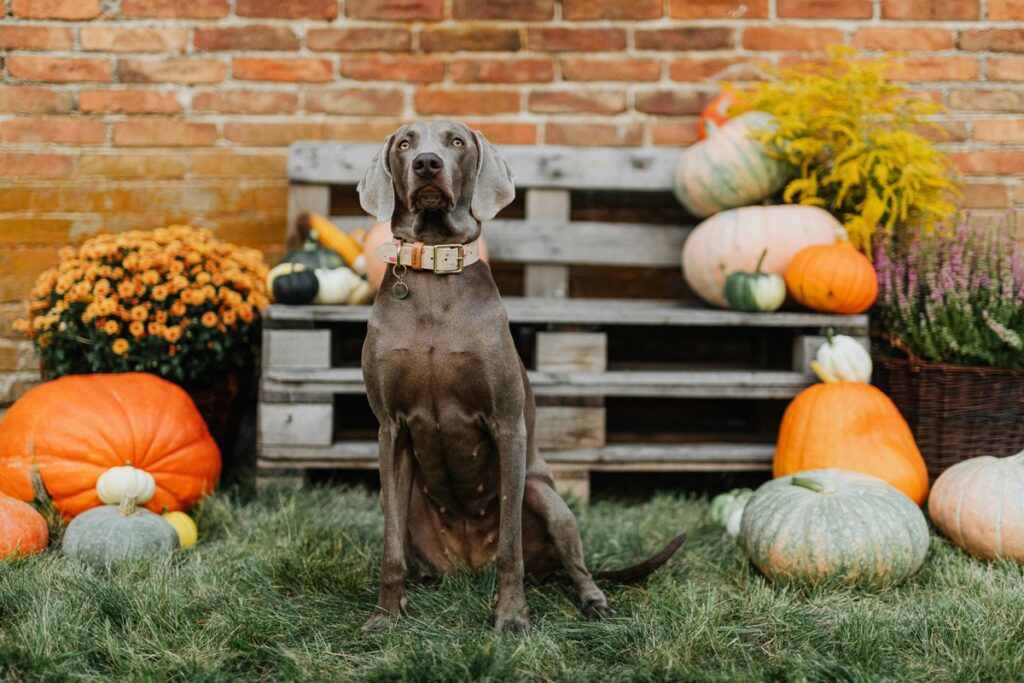
As a breed developed for speed and chasing, Greyhounds are natural hunters. Their prey drive can be so strong that even a cat sitting still may trigger a chase instinct. While some Greyhounds can learn to live peacefully with cats, others may find it nearly impossible.
Why It’s a Problem: Their sight-driven hunting instincts are hardwired, making them highly reactive to movement.
3. Jack Russell Terrier
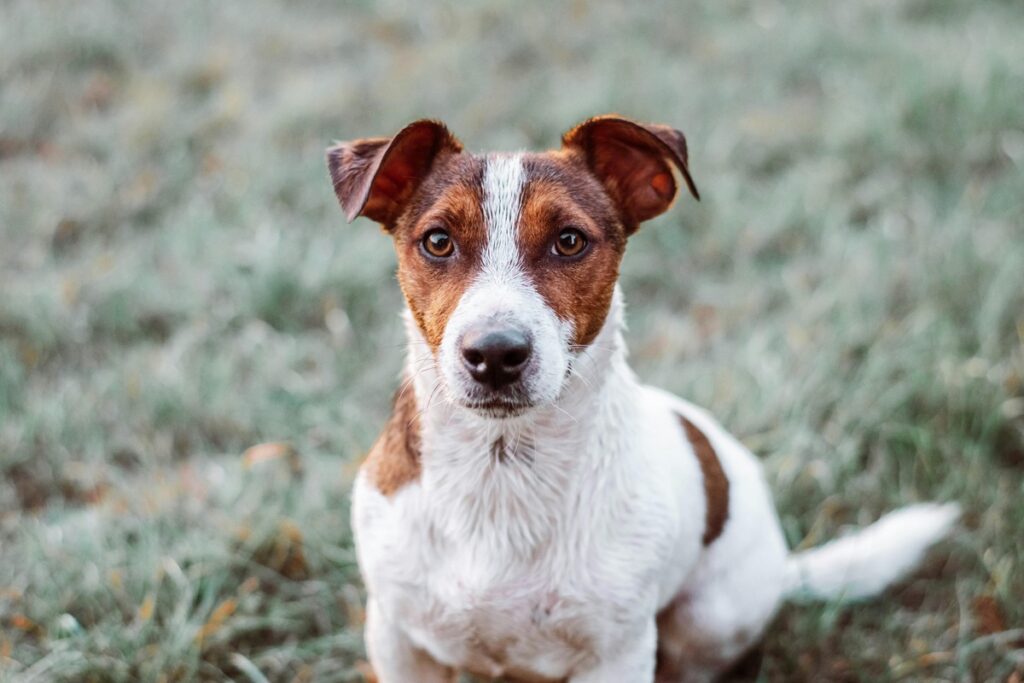
Terriers like the Jack Russell were bred to hunt small animals and vermin. Their feisty, energetic nature often means they’ll see cats as something to chase or corner, even if the cat isn’t moving.
Why It’s a Problem: Their determination and persistence can make them relentless in pursuing cats.
4. Beagle

Beagles are friendly and loving, but their noses often get them into trouble. Originally bred as hunting dogs, their instincts to track and chase smaller animals can make living with a cat challenging. They may not be aggressive, but their curiosity and enthusiasm can stress a feline housemate.
Why It’s a Problem: Their hunting background makes them overly interested in chasing small, furry animals like cats.
5. Border Collie
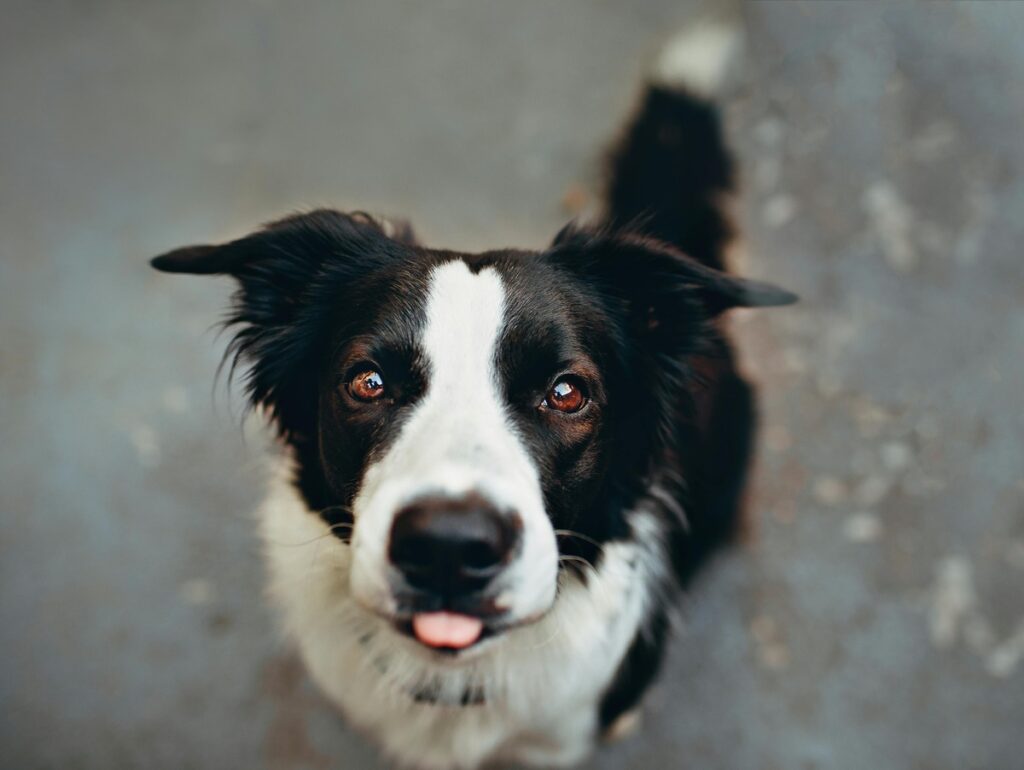
Known for their intelligence and herding skills, Border Collies have a tendency to herd anything that moves—including cats. Their intense energy and need for stimulation can overwhelm a more sedentary feline, leading to tension and stress.
Why It’s a Problem: Their herding behavior can make cats feel cornered or threatened.
6. Doberman Pinscher
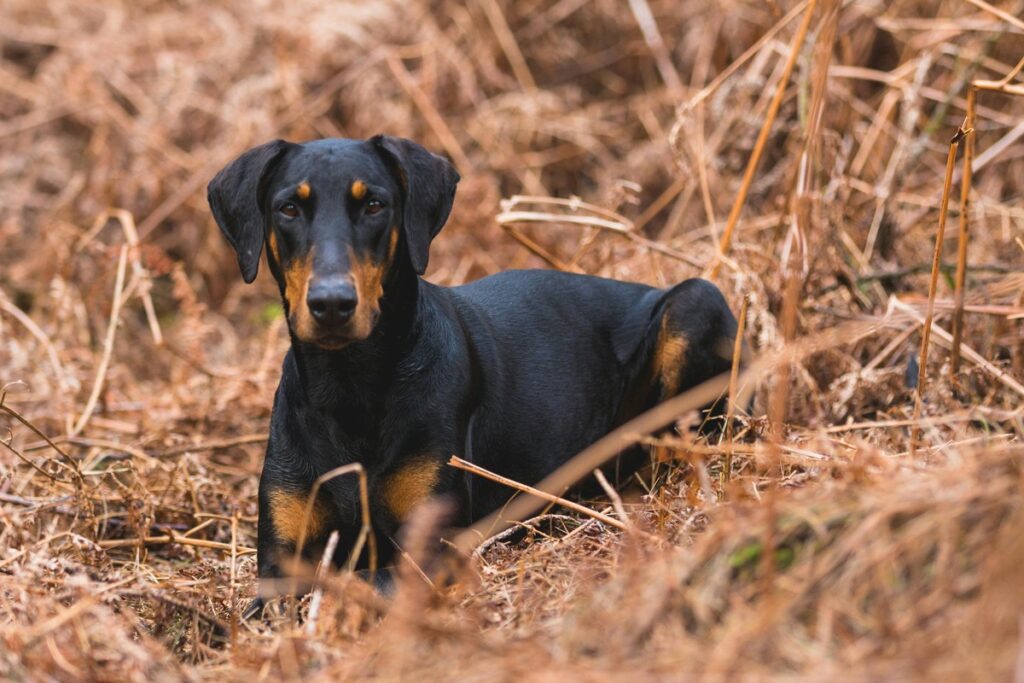
Dobermans are loyal and protective, but their strong prey drive and assertive personality can be intimidating for cats. They’re often too intense in their approach, which can make cats feel unsafe.
Why It’s a Problem: Their size, energy, and territorial instincts can make coexistence with cats difficult.
7. Alaskan Malamute
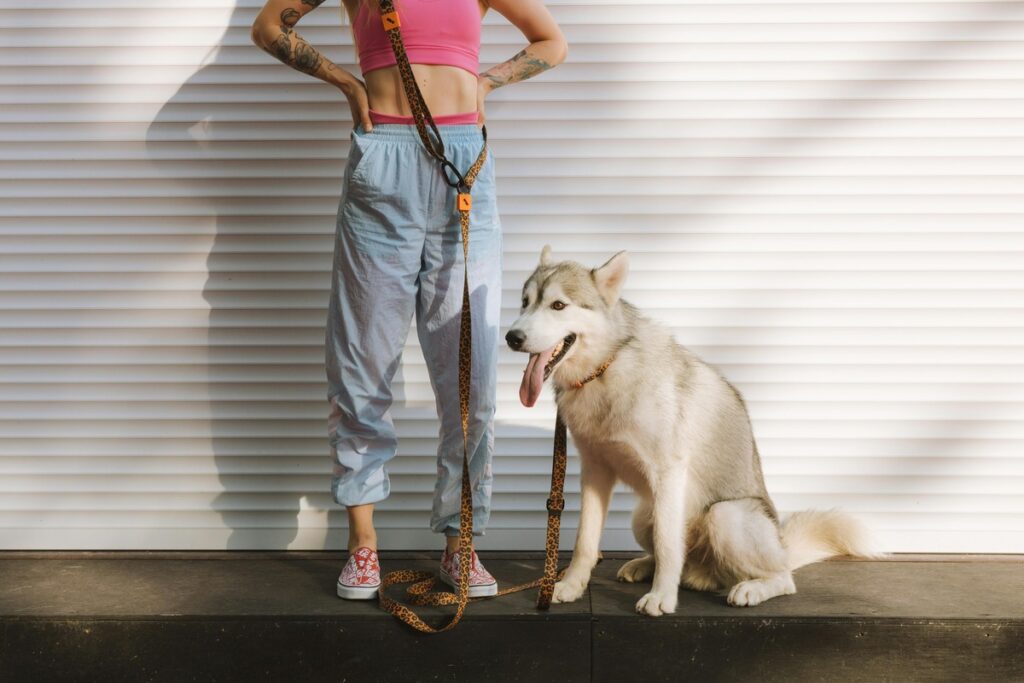
Similar to Huskies, Malamutes have a high prey drive and a playful but assertive personality. Their strength and energy can make them overwhelming for cats, especially if they’re not socialized with them from a young age.
Why It’s a Problem: Their powerful build and natural hunting instincts can make cats feel unsafe.
8. Australian Cattle Dog
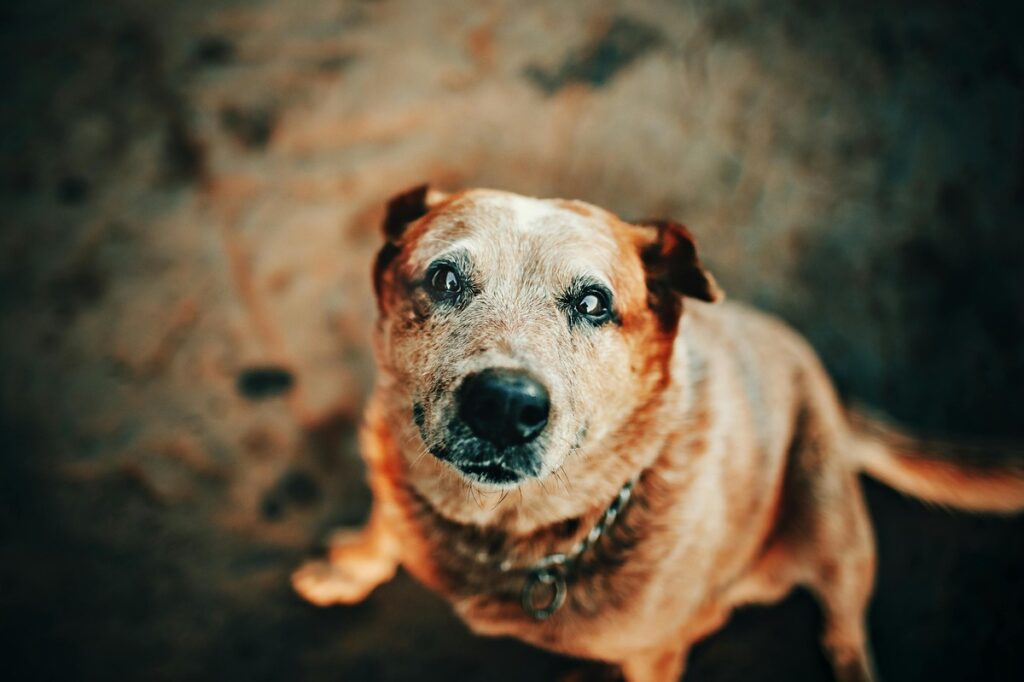
Also known as Blue Heelers, these dogs are energetic and determined workers. Their herding instincts often extend to cats, and they may try to chase or nip at them in an attempt to “control” their movements.
Why It’s a Problem: Their high energy and herding behavior can frustrate and stress out cats.
9. Weimaraner
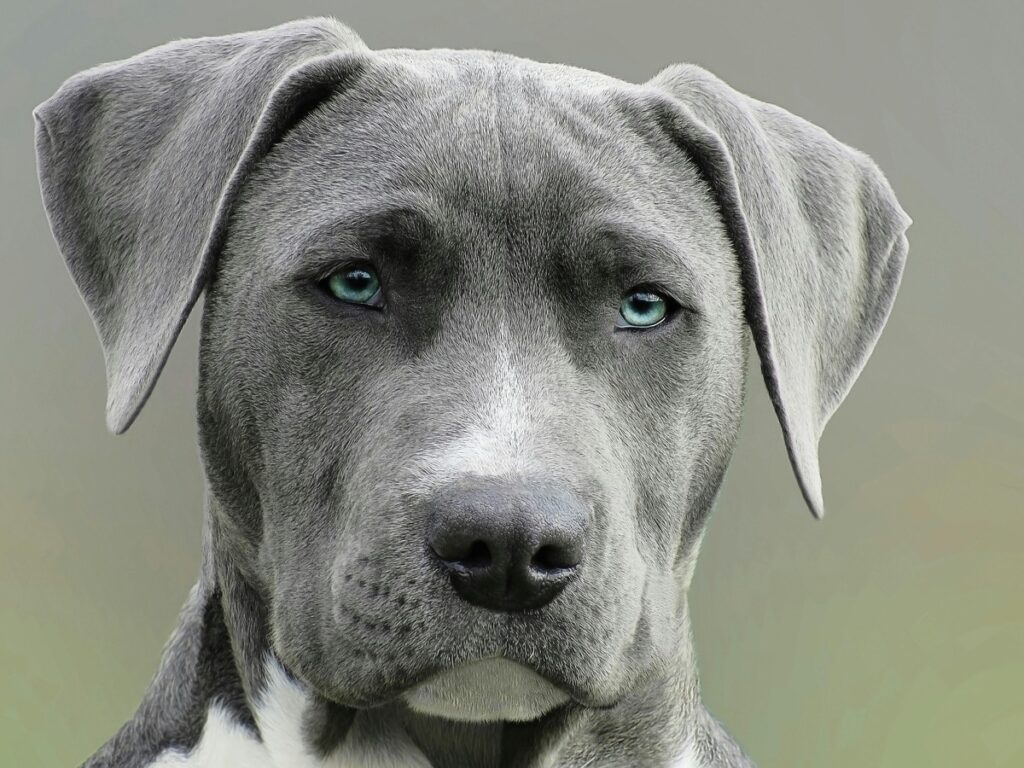
Weimaraners are athletic, intelligent hunting dogs with a strong drive to pursue prey. Their natural instincts make them reactive to small animals, and cats often fall into that category.
Why It’s a Problem: Their prey instincts and high energy make it difficult for them to peacefully coexist with cats.
10. Fox Terrier
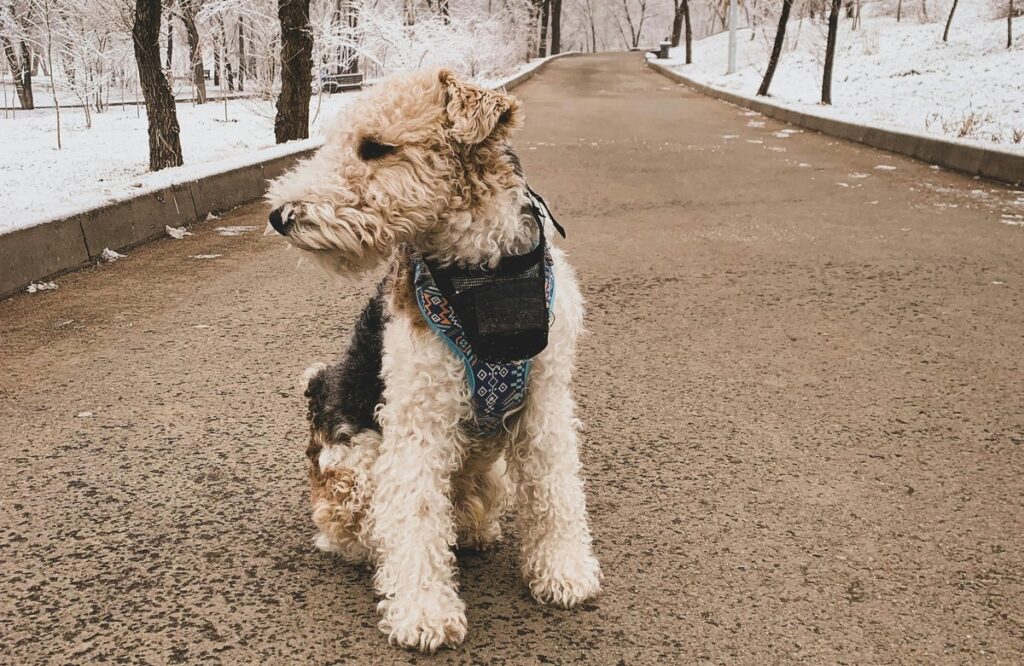
Fox Terriers were bred to hunt foxes and other small animals, so it’s no surprise that they often struggle to live peacefully with cats. Their fearless and energetic nature makes them more likely to chase and bother cats, even if it’s just for fun.
Why It’s a Problem: Their high-energy antics and strong hunting instincts can be overwhelming for cats.
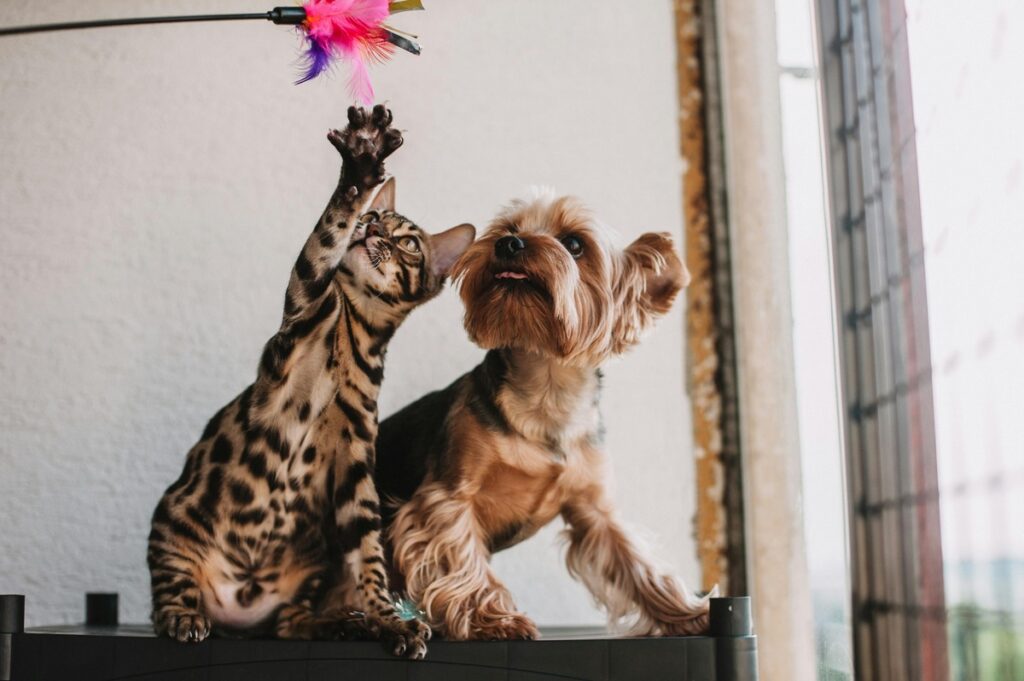
While these breeds may not be naturally inclined to get along with cats, every dog is unique, and with proper training, socialization, and supervision, it’s possible for some of these breeds to coexist peacefully with feline friends. If you already have a cat and are considering one of these breeds, take the time to introduce them carefully and monitor their interactions. With patience and effort, even the most unlikely pairings can learn to live in harmony.




